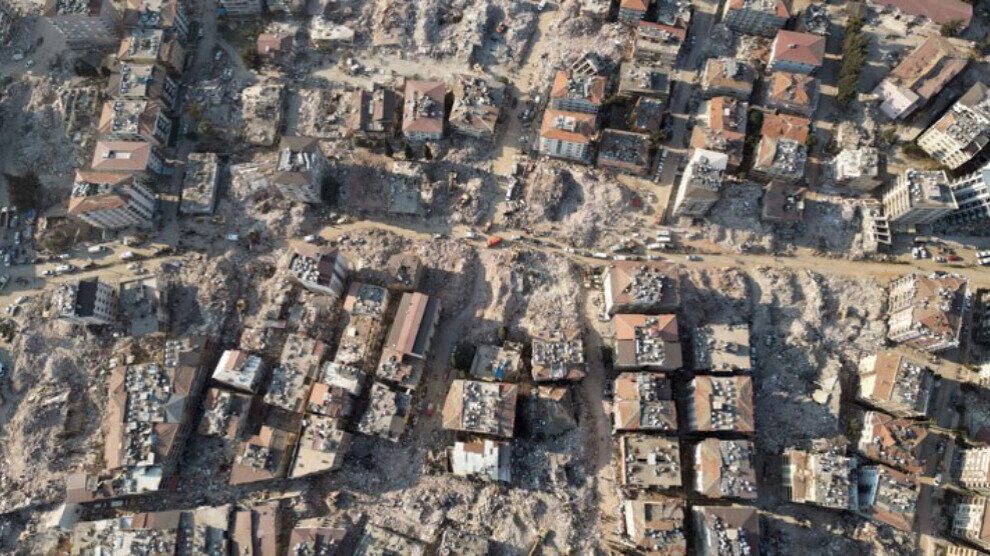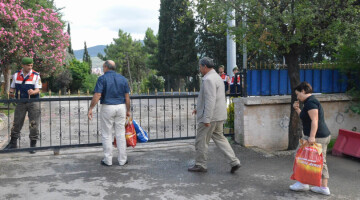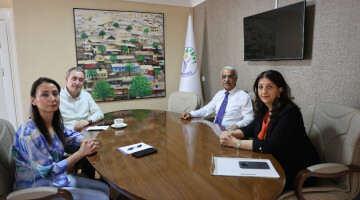The European Center for Disease Prevention and Control (ECDC) warned that infectious diseases are expected to be a concern in two to four weeks in the areas affected by the two Maraş-centered earthquakes.
In a statement, the ECDC said: "Food and water-borne diseases, respiratory infections and vaccine-preventable infections are a risk in the upcoming period, with the potential to cause outbreaks, particularly as survivors are moving to temporary shelters.
The damaged utility infrastructure, including water and electricity, causing limited access to clean water, inadequate sanitation and hygiene facilities, improper refrigeration, and cooking systems, may increase the occurrence and transmission of food-and waterborne illnesses."
The statement also said that "a surge of cholera cases in the affected areas is a significant possibility in the coming weeks. Cholera is a concern in war-torn North-Western Syria, where authorities have reported thousands of cases as the country has been trying to control an outbreak since September 2022. A planned vaccination campaign disrupted by the earthquakes should be accelerated.
Additionally, other food and or waterborne diseases can cause outbreaks in camps: viral infections such as hepatitis A, norovirus and rotavirus, infections caused by parasites or bacterial infections. The availability of clean water and control of food handling are among the top measures to prevent the spread of these diseases."
The statement added: "Providing access to healthcare for trauma and other urgent care, shelter, potable water, and adequate sanitation and hygiene facilities will mitigate the risk of infectious disease threats.
Setting up health surveillance systems by public health staff will facilitate the early warning and detection of outbreaks. International organizations are planning to deploy mobile laboratories in the affected areas and they can also provide expert assistance to both affected countries.
Risk communication and community engagement interventions are particularly important to communicate and engage with individuals and communities to help them stay protected against infectious diseases."












